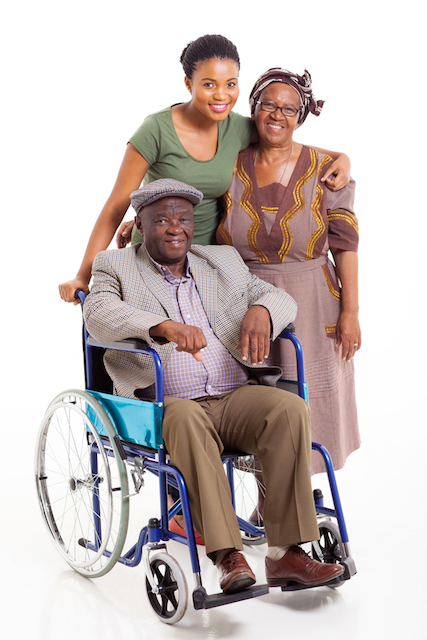
 Eldercare Services
Eldercare Services
 Eldercare Services
Eldercare Services

Often the question surfaces about the stage of the Alzheimer’s disease or other dementia. While that may offer some comfort, because stage one MUST be better than stage four, the issues of caregiving are not related to the stage of the disease. The stages are artificial boundaries are determined by looking retrospectively at a large population of individuals with the disease process. It is an aggregated number based on experience and symptoms.
The issue for the caregiver is not what the stage is, but what signs and symptoms the person with dementia is displaying. The boundaries stage to stage is fluid so behaviors and symptoms are the major markers. However, each of us is different and how the dementing conditions progress is unique to each of us.
The challenging symptoms for caregivers are behavioral in nature. These behaviors are not controllable by the individual with dementia. While they appear normal, their ability to process information has been transformed based on their brain’s illness. They are not asking the same questions, telling the same stories and interacting in a way that is not normal for an adult. Their brain is not well, and they are unable to self-manage their behaviors and responses.
Do not be surprised if the symptoms that you are observing do not fit neatly into a compartment called a stage. We are all different, and the differences make for unique challenges. Often you are so close to the situation, that you cannot be objective. The emotions that come with this process also make us less likely to be functioning at our prime.
Do not be afraid to reach out and ask for help. There are geriatric care managers, social works, counselors and support groups that can all help you with your journey.